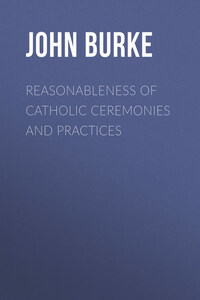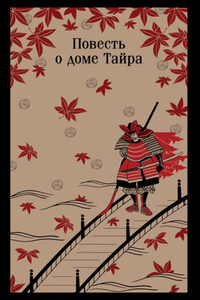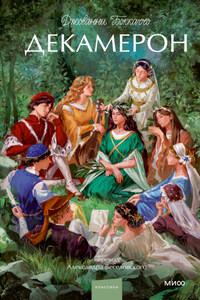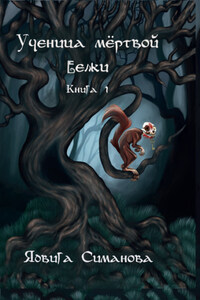THE Catholic Church in the celebration of Mass and in the administration of the sacraments employs certain forms and rites. These are called ceremonies. By these ceremonies the Church wishes to appeal to the heart as well as to the intellect, and to impress the faithful with sentiments of faith and piety.
What is more capable of raising the heart and mind of man to God than a priest celebrating Mass? What more inspiring than some of our sacred music?
How beneficial and how lasting the impression formed by the ceremonies of the Church, the following incident will show:
One of our missionaries once went to visit a tribe of Indians who had been deprived of a priest for nearly half a century. After traveling through the forest for some days he came near their village.
'Twas Sunday morning. Suddenly the silence was broken by a number of voices singing in unison. He stopped to listen. To his great astonishment he distinguished the music of a Mass, and of Catholic hymns well known to him.
What could be more touching than this simple, savage people endeavoring to celebrate the Lord's Day as they had been taught by the priest fifty years before? What more elevating than those sacred songs – the Stabat Mater, the O Salutaris, or the Te Deum– uttered by pious lips and resounding through the forest primeval? What better evidence could we have of the beneficial effects of our ceremonies in raising the heart to God?
And yet few things connected with our holy religion have been more frequently subjected to ridicule than her ceremonies. People scoff at them, laugh at them, call them foolish and unreasonable. Those people do not stop to consider that by doing so they, themselves, are acting most unreasonably. For no reasonable person, no judge, will condemn another without hearing both sides of the question.
These wiseacres, however, flatter themselves that they know all about the Catholic Church and her ceremonies without hearing her side of the case. Hence the misunderstandings and misrepresentations regarding her that exist among well-meaning people.
If people would but learn to speak about that which they knew and understood; if they would accord to the Catholic Church the same treatment as to other institutions; if they would examine both sides of the question before criticising and ridiculing her teachings and her ceremonies; if they would but treat her with that openness, that fairness, that candor, that honesty characteristic of the American citizen when dealing with other questions – what a vast amount of ignorance, of prejudice, of sin would be avoided!
We claim that ceremonies used in the worship of God are reasonable, because they were sanctioned by God in the Old Testament and by Jesus Christ and His apostles in the New Law.
I. Ceremonies Necessary to Divine Worship
THE angels are pure spirits. They have no body. Consequently the worship they render God is spiritual, interior.
The heavenly bodies are not spiritual, but entirely material substances. They render God a sort of external worship according to the words of the prophet Daniel, "Sun and moon bless the Lord… stars of heaven bless the Lord. Praise and exalt Him forever." Man has a soul, a spiritual substance similar to the heavenly bodies. He should, therefore, honor God by the twofold form of worship, interior and exterior.
"God is a spirit; and they that adore Him must adore Him in spirit and in truth" (John iv. 24).
From these words of the beloved disciple we are not to conclude that interior worship is prescribed as the only essential, and exterior worship condemned. True piety must manifest itself externally. Man naturally manifests his feelings by outward signs and ceremonies.
The Catholic Church recognizes that man has a heart to be moved as well as an intellect to be enlightened. She enlightens the intellect by her good books, sermons, etc.; and she moves the heart by the grandeur of her ceremonies.
If any one doubts that God considers ceremonies necessary to divine worship, let him read the books of Leviticus and Exodus. Almost the whole of these books treats of the rites and ceremonies used by the then chosen people of God in their public worship.
The 26th, 27th, and 28th chapters of Exodus prescribe the form of the tabernacle and its appurtenances, the size of the altar and the oil for the lamps, and the holy vestments which Aaron and his sons were to wear during the performance of the public ceremonies.








